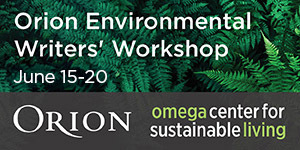"The world’s largest chemical maker, BASF, produces ingredients for America’s most popular products, from soaps to surface cleaners to dishwasher detergent. Emissions from their U.S. plants elevate cancer risks for an estimated 1.5 million people."
"Hollie Walker cherished the simplicity of her life in White Stone, South Carolina, a tiny community on the outskirts of Spartanburg. In the quiet of the country, she and her husband raised their two sons in a yellow house on 37 acres of secluded land, where they hiked in the woods and swam in their lake. Today, the area is home to a one-room post office, two churches, and a shooting range open three days a week. For years in the 1990s, Walker worked behind the counter at the post office.
There used to be a bar called the White Stone Mall on the same stretch of highway, where Walker would sip beers, shoot pool and chat with workers getting off their shifts from a chemical plant across the street. She didn’t know much about the German-owned company, BASF, that operated the plant. After BASF expanded its site in the 2000’s, demolishing the bar in the process, she had little reason to stop along that highway, except when the railroad gates halted traffic.
The passing trains carried tank cars of chemicals bound for White Stone’s BASF plant, a fleeting moment in an epic multi-state journey during which BASF transforms natural gas into specialized, secretive compounds that are the building blocks of ubiquitous cleaning products. BASF isn’t a household name like Procter & Gamble, but the ingredients it creates are essential to the success of that company’s products, allowing dirt stains to be lifted from clothes and egg yolk to be washed off plates."













 Advertisement
Advertisement 



